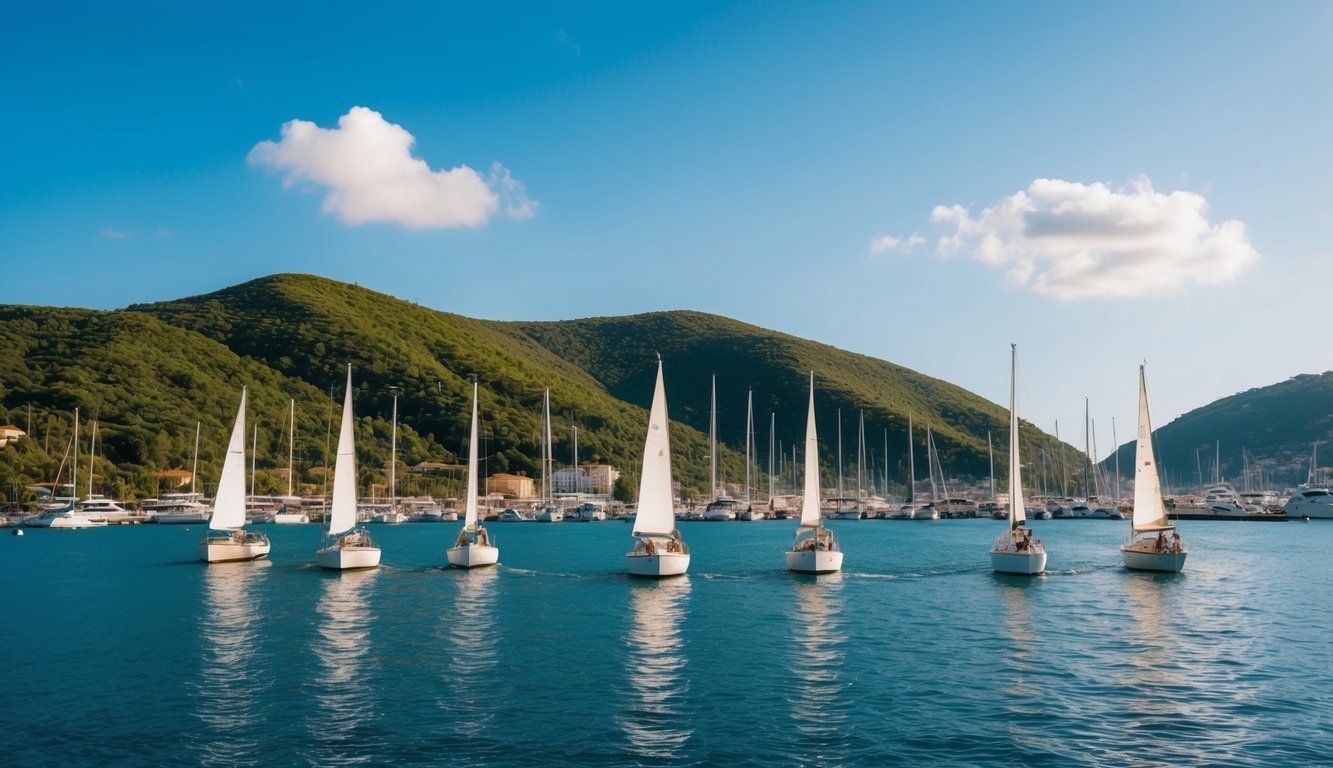On June 17, 2023, a group of activists from the organization “Stop Croisieres” took to the waters in Marseille to voice their opposition to the presence of large cruise ships.
As the MSC World Europa departed from the harbor, demonstrators paddled alongside, displaying a banner that called for an end to cruise tourism both locally and beyond.
Mayor of Nice Takes Action
In a progressive step toward sustainability, the Mayor of Nice announced plans to limit the arrival of large cruise ships in the city, set to take effect in July 2025.
This new policy targets vessels that carry more than 900 passengers or exceed 190 meters in length.
Mayor Christian Estrosi highlighted his commitment to environmental preservation and the management of over-tourism, noting that Nice welcomed 160,000 cruise tourists in 2024, a figure that is projected to rise to 300,000 by 2026.
While implementing these restrictions, he emphasized a welcoming stance towards smaller vessels, prioritizing leisure boating over the enormous “floating hotels” represented by larger cruise liners.
The Growing Popularity of French Ports
With its picturesque 5,500-kilometer coastline, France has long been a top pick for cruise enthusiasts.
Nonetheless, as tourism dynamics shift, both locals and municipal authorities are scrutinizing the environmental impact of cruise travel.
According to Atout France, the national tourism agency, over 3.8 million cruise passengers explored mainland France in 2023, marking a notable 13 percent increase compared to the pre-pandemic numbers of 2019.
Many of these visitors came from Germany, the U.S., and the U.K., with two million enjoying the Mediterranean ports, while another 704,500 ventured to the Atlantic coast.
Marseille stands out among French coastal destinations, boasting 626 cruise ship arrivals and welcoming over 2.5 million cruise tourists.
Other lovely ports like Ajaccio, Cannes, Nice, and Villefranche-sur-Mer also draw significant numbers of visitors, while smaller coastal towns such as St-Tropez, Menton, and La Ciotat are becoming increasingly popular among cruise companies looking to widen their itineraries.
Concerns Over Environmental Impact
While there’s optimism surrounding the potential economic benefits of cruise tourism, many residents in port cities are raising alarms about the overwhelming influx of tourists and the environmental repercussions associated with large vessels.
These worries have fueled protests and legal challenges in various locales, as communities join forces against the pollution that cruise liners bring.
A key finding from a 2019 study by NGO Transport & Environment revealed that cruise ships generate more air pollution than all of Europe’s cars combined.
As awareness regarding the impacts of cruise tourism continues to rise, local governments and citizens are increasingly pushing for initiatives that prioritize the health of their communities and the environment.
The growing movement for responsible tourism practices in France holds promise for a future where the striking beauty of the coastline coexists peacefully with the well-being of local residents.

